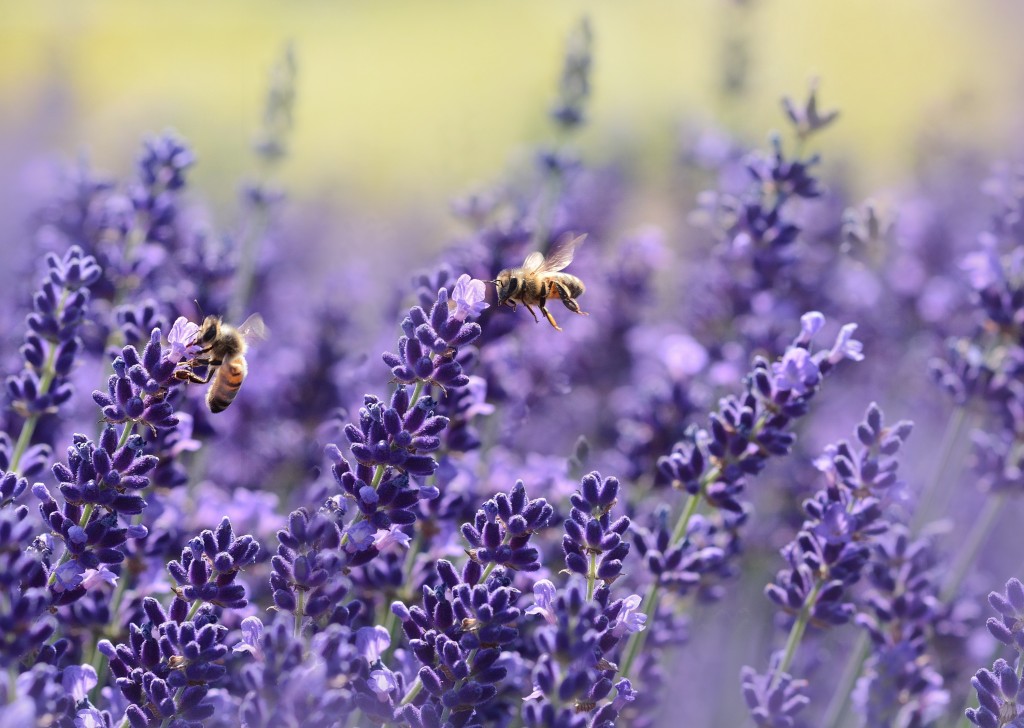The disappearance of bees should not be taken lightly. Researchers are struggling to find out what exactly is causing the decline in bee populations. The reality is, without them, our ecosystem, economy, food supply, and livelihood will suffer. Here are some reasons why these little guys are so important.
They are Vital Member of the Ecosystem
Bees, like many other species, play a vital role entire ecosystems to function. 75-95 percent of flowering plants need pollination. They belong to a group of animals, called pollinators, who transfer pollen and seeds from one flower to another. This fertilizes the plant to help it grow and produce food. This cross-pollination helps at least 30% of the world’s crops and 90% of wild plants thrive. Not only would we lose beautiful plants, but they re also a vital food source. These plants contribute to the food system by feeding animals such as birds and insects. If the food source for these animals diminished, the entire food chain would suffer.
They Give Us Our Favorite Foods
Here are some quick facts:
- One out of every three bites of food you eat is because of pollinators, such as bees.
- 70 of the top 100 food crops grown worldwide rely on pollinators. This equates to 90% of the world’s nutrition.
Bees make it possible for your favorite foods to reach your table. We have bees to thank for apples, almonds, pumpkins, berries and a multitude of other kitchen staples. Without bees, we can say good bye to these foods. With 850 million people around the world suffering from lack of food and the global population set to increase to nine billion by 2050, bees will be important players in avoiding mass food scarcity.
They Stimulate Our Economy
Bees pollinate more than $15 billion a year in U.S crops. U.S honey bees also produce about $150 million in honey annually. Fewer bees mean the economy takes a hit. As for the global economy, bees contribute around $3,250 per hectare per year. With around 1.4 billion hectares of land used for crops globally, this equals around $4.2 trillion added to the global economy. The global cost of bee decline, including lower crop yields and increased production cost, has been estimated to be as high as $5.7 billion per year.
Why Are Bees Disappearing?
In North America, roughly 50 percent of the bee population has decreased since World War II. But what has changed that is causing this significant decrease?
- Global warming has caused flowers to bloom earlier or later than usual. The result is when bees come out of hibernation, the flowers they need have already bloomed.
- Increased development leads to habitat loss for bees. This includes farms that have been abandoned, growing crops without leaving habitat for wildlife, and growing non-pollinator friendly flowers in our gardens.
- We spray pesticides on plants to kill pests and increase the plants productivity. However, Pesticide use can harm honey bees. For example, neonicotinoids are used to attack the nervous system of pests and can lead to instant death. Even if the bees survive, they can become disoriented and forget their way back to the hive. If enough bees are harmed, this causes Colony Collapse Disorder. (In good news, many of these pesticides have been banned in the European Union and stores in the U.S are opting to remove them from shelves.)
How We Can Protect Them?
Increased research by the U.S Department of Argriculture and the Environmental Protection Agency, is vital and should be broadened to include pollinator research. Additionally, farmers can be rewarded for practices such as leaving habitat for bees in their surrounding fields, alternating crops so they have food all year long, and not using harmful pesticides.
As for our homes, there are a few smaller things that can be implemented. You can start by planting bee-friendly plants in your garden, such as daisies, crocus, hyacinth, borage, calendula, and wild lilac. At the grocery store, you can support organic farmers who do not use chemicals on their crops. Plus, you can spread the word about the importance of bees and their declining population!
